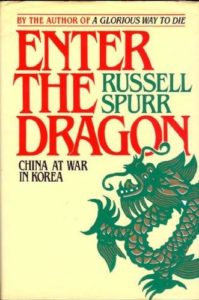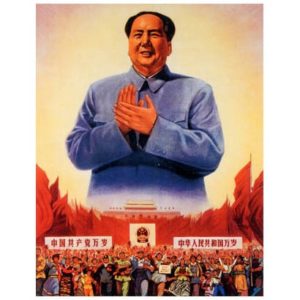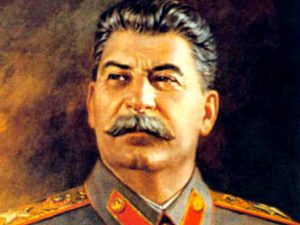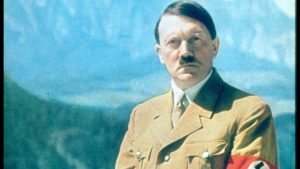Pakistani academic and ex-diplomat Aamir Khan is an old friend, and he recently wrote a piece on why Dangal is such a hit in China.
What do you think?
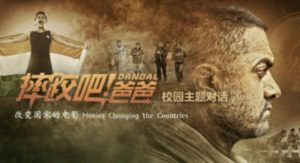
Excerpt:
But why did the Chinese fall in love with this movie? Firstly, no country in the world is more sensitive, even obsessed about the achievement of its children than China. The gaokao or university entrance examinations are a case in point. Mothers actually take their offspring to nearby hotels so that the child does not have to travel. They even block adjoining roads so that horn-noise does not distract the examinees. No amount of funds is enough and no level of effort is satisfactory to prepare these children for the future. The movie catches this collective nerve perfectly.
For Chinese viewers, even the slim-fat Aamir Khan reflects control over one’s body. That this is achieved through sheer hard discipline is both magical and achievable. Like China’s own success
At the same time, many Chinese children are being spoilt by the 4-2-1 syndrome. This refers to four grandparents, two parents and one grandchild — the latter has neither siblings nor first cousins. All six parents and grandparents spend money to pamper the “little emperors”. Thus when Aamir Khan cuts his daughters’ hair so that they can fight better, or makes them run for miles, this fits perfectly into the Chinese parental mental grooves. Fed up with Korean soaps, featuring feminized males with long nails, plucked eye-brows and rose-petal lips, Chinese parents have taken their children in droves to Dangal not only to motivate them but also to shame them.
Then, the movie itself is a metaphor for China. Like the future champions but now-penurious village girls who cannot afford to eat even chicken, China has overcome incredible odds to rise from poverty in 1978 to become a politically-stable economic juggernaut that is proud to assume international leadership. Dangal is China itself. No sky is high enough for the Chinese spirit. For Chinese viewers, even the slim-fat Aamir Khan reflects control over one’s body, achieved through sheer hard discipline is both magical and achievable. Like China’s own success.
